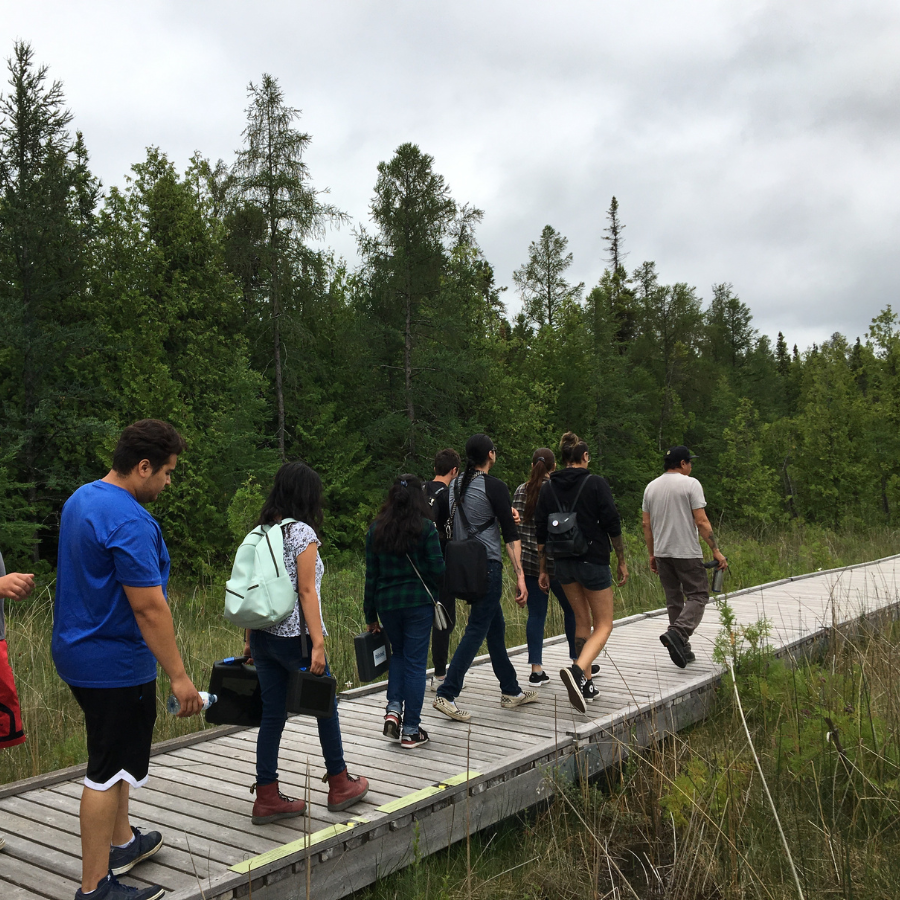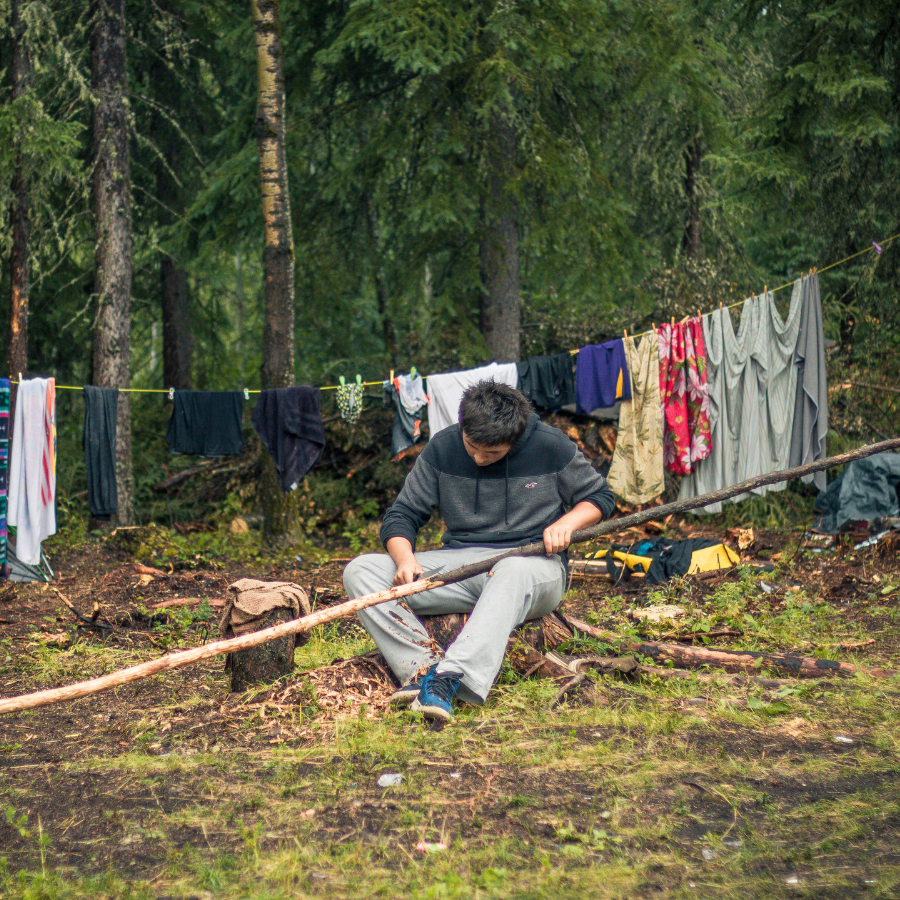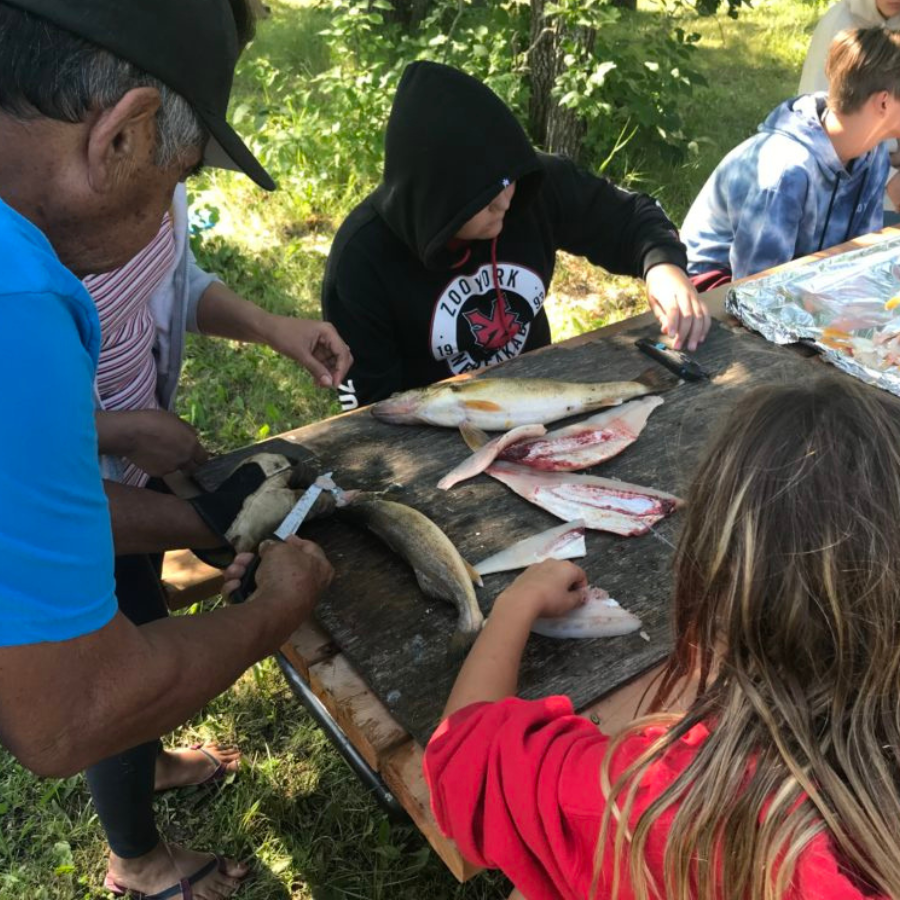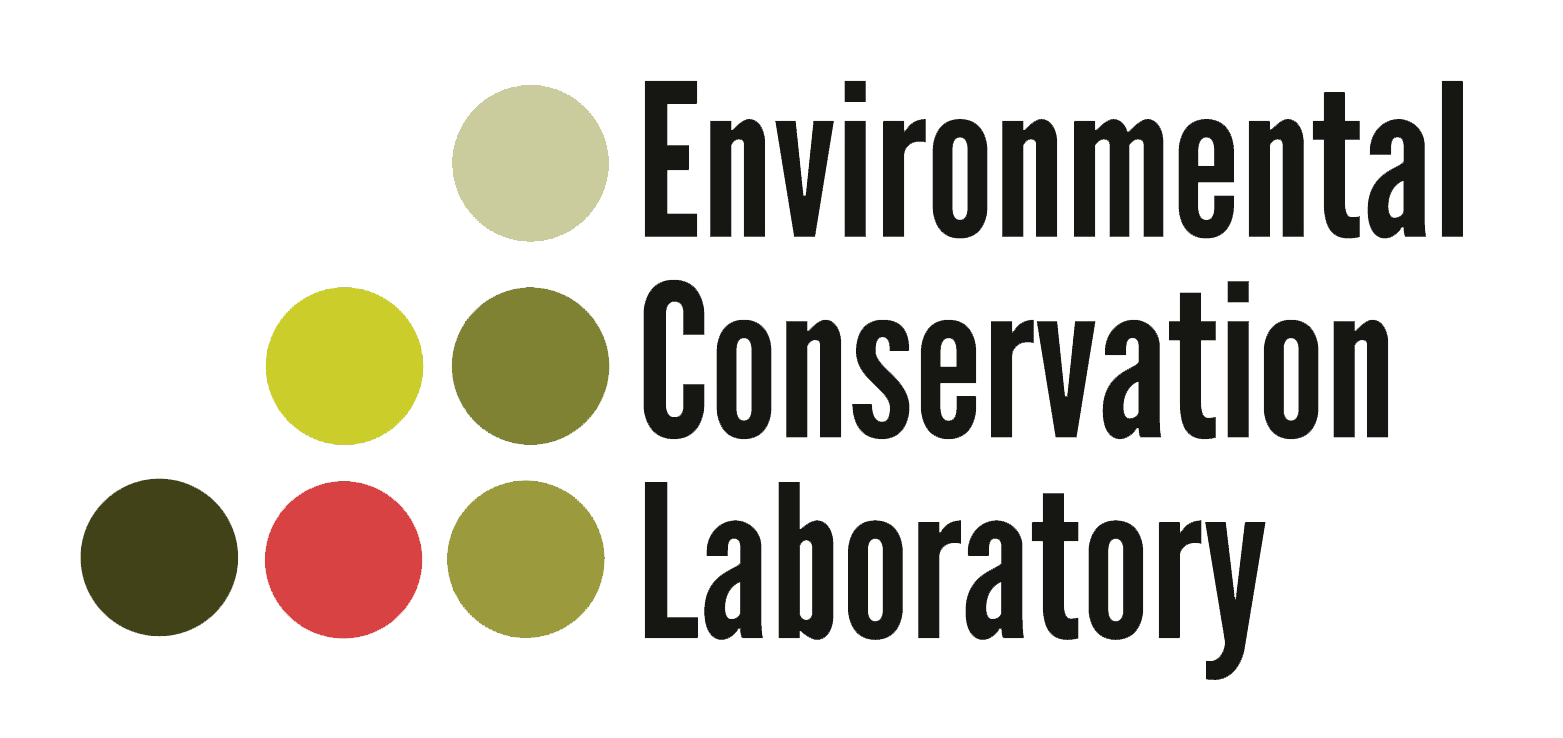About Us
Mission
Our mission is to provide Indigenous students and local youth in communities training and mentorship opportunities around environmental monitoring in a way that utilizes Western science, Indigenous science and local knowledge, and focuses on local community priorities.
Vision
Our vision is to explore and promote the role of interdisciplinary community-based monitoring by bridging Indigenous Science and Western Science through Indigenous-led, land-based Indigenous camps, workshops and internships.
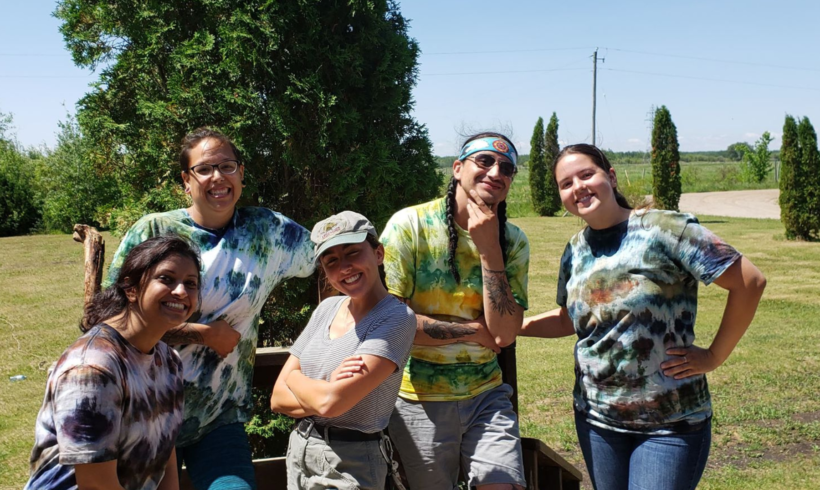
Winter Games Split Lake (Tataskweyak Cree Nation)
Dive into the Winter Land-Based Gathering where twelve schools unite to celebrate and share Indigenous knowledge in Tataskweyak Cree Nation, shared with the permission and on behalf of the Traditional Resource Stewardship Centre.
Event Highlights:
- Traditional Games: Jigging, setting nets, log sawing, and preparing wild game for hands-on cultural learning.
- Cultural Teachings: Understand the respect for land and animals, the use of traditional medicines, and the spiritual significance of tobacco offerings.
- Healing Through Nature: Connecting with land, identity, and heritage in a healing educational experience.
- Community and Skill Sharing: Youth showcasing skills like ice fishing and dog sledding with guidance from Elders.
- Youth Empowerment: Learning survival skills, teamwork, and the essence of living off the land.
Special Thanks To: Manitoba First Nation Education Resource Center Tataskweyak Education Authority Tataskweyak Cree Nation Stewardship Programming The leadership, Elders, knowledge keepers, and volunteers of Tataswayak for their invaluable contributions.

Publications
The Akiiwan Podcast is an initiative from the Kis Kin Ha Ma Ki Win project that involves different discussions on land-based teachings, indigenous knowledge, environmental science, health and well-being
To listen to more of our podcast episodes, visit our website at https://landlearning.ca/resources/akiiwan-podcast/
Our Partners
This initiative is housed at the Environmental Conservation Lab at the University of Manitoba.
Visit our Website or Find us on Social Media
